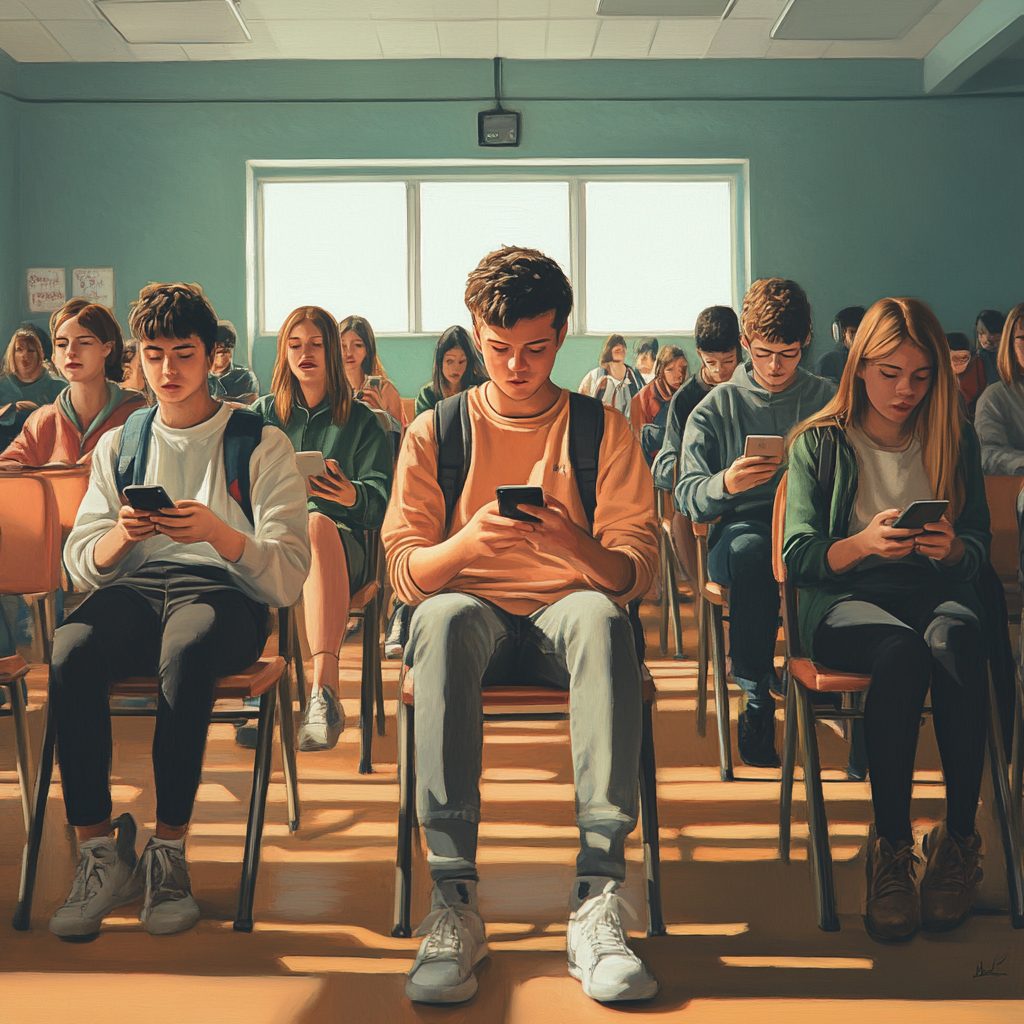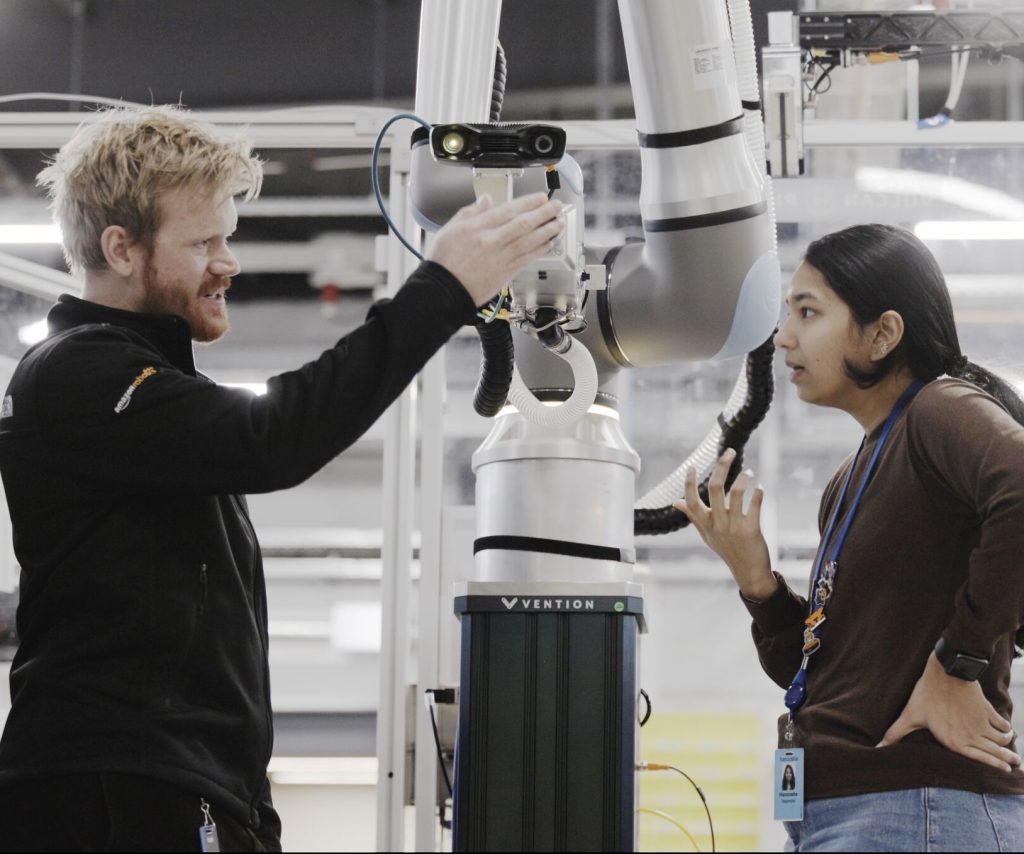Can a chatbot actually improve your mental health? It might sound like a gimmick—but a new study out of Dartmouth is challenging that idea in a big way.
In the first-ever clinical trial of its kind, researchers found that people who used a therapy-focused chatbot saw real improvements in their mental health. We’re not talking about slight mood boosts—we’re talking about measurable reductions in depression and anxiety. That’s a huge deal in a world where mental health support is often too expensive, too slow, or just out of reach.
The trial, which lasted eight weeks and involved over 300 participants, focused on college students—a group that’s been reporting record levels of stress and burnout. Half the group used the chatbot regularly, while the other half didn’t. The results? Those who interacted with the chatbot saw meaningful improvement in their mental well-being.
“This is the first time a randomized controlled trial has shown that a chatbot can reduce depression and anxiety in a real-world setting,” said Dr. Jeremy Manning, the Dartmouth professor who led the study.
The chatbot, built to mimic the strategies of talk therapy, gave users helpful suggestions, asked questions, and even helped them reframe negative thoughts—just like a real therapist might do. It’s not designed to replace therapists entirely, but it’s definitely proving to be a strong supplement.
In an age where waitlists for therapy can stretch months, this tech could offer a much-needed lifeline—especially for students and young adults who might not feel ready to sit down with a human therapist.
Researchers also found that people liked the chatbot experience. It felt easy, safe, and even enjoyable. And because it was always available, users could open up when they felt ready—without fear of judgment or time limits.
Of course, it’s not a perfect solution. It’s not intended for people dealing with severe mental health crises. But as a day-to-day tool to support emotional health, it’s showing serious promise.
You can read more about the study and its findings on Dartmouth’s official site.
Q&A: What People Are Asking
Q: Can chatbot therapy really replace human therapists?
Not quite. The chatbot isn’t a replacement for professional mental health care, especially in serious or emergency cases. But it can be a great tool for managing stress, anxiety, and low-level depression—especially when access to human therapists is limited.
Q: Who benefits the most from using therapy chatbots?
In this study, college students saw the biggest benefits—likely because of their comfort with digital tools and high stress levels. But in theory, anyone looking for day-to-day emotional support could benefit.
Have thoughts on AI in mental health? Drop a comment—we’d love to hear your perspective.
Want more insights like this? Sign up for our AI Newsletter – it’s the best way to stay curious, informed, and just a little ahead of everyone else.
If you’re exploring how AI can drive real results for your team, our AI Consultancy Services might be exactly what you need — check it out now!



